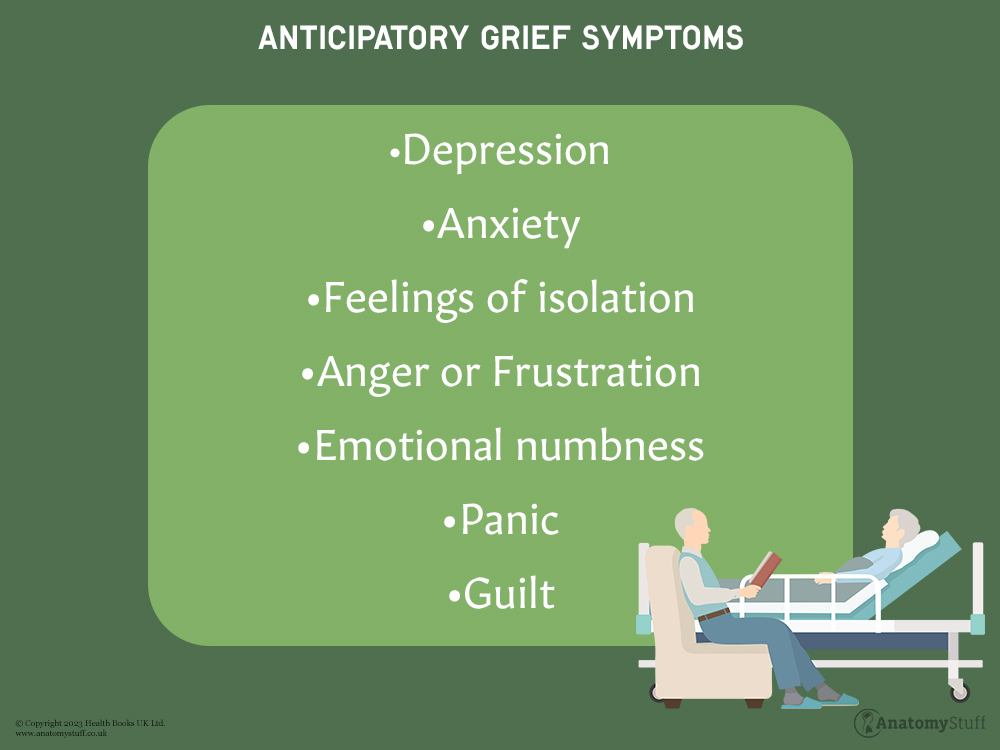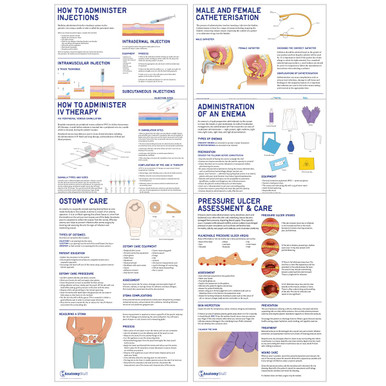Hospice Coping Strategies for Families
Regrettably, our time here on Earth is unfortunately limited. There comes a point in everybody’s life when they sadly need to say goodbye to somebody that means the world to them.
That could very well be a family member, close friend, partner, or somebody held near and dear to us. Saying goodbye to a loved one can be distressing, but it is a natural part of life for many.
If a loved one is no longer responding to medical treatment or is nearing the end, they may need to enter hospice care. While there is no way of preventing the stress, anxiety, and grief that comes with losing a loved one, you can do things to help manage the symptoms of grief and begin to prepare for the inevitable.
Anticipatory grief
If you have a loved one in hospice care, you may experience what is known as ‘anticipatory grief’. This form of grief can be especially difficult to process because you experience it when your loved one is still alive. You are, therefore, partially grieving for them because you know their time is ending.
People nearing death themselves sometimes experience this, as well as people facing the prospect of losing a loved one, a pet, or anything else they value on an emotional level.
Anticipatory grief is not the same as grief itself, although there are similarities. It means that you experience additional emotions to somebody going through the grieving process. Arguably, this makes the process even harder.
Typical anticipatory grief symptoms include:
• Depression
• Anxiety
• Feelings of isolation
• Anger
• Frustration
• Despair
• Panic
• Guilt
• Emotional numbness
• Mood swings
• Denial
• Fatigue
• Loss of motivation
• Trouble focusing
• Difficulty processing reality

How to prepare for the loss of a loved one in hospice care
Nobody can ever truly prepare for losing a loved one, no matter how ready they may be. Once a loved one enters a hospice and begins end-of-life care, it’s important to focus on them and yourself and get ready to say goodbye.
Here are some tips on how to prepare for the loss of a loved one in hospice care.
Ask any questions you may have
Whether you wish to ask questions to the loved one in hospice care or the caregivers working in the hospice, ask every single question that you may have. The care workers in the hospice deal with these kinds of scenarios regularly, so they can answer questions and help alleviate some of your fears. Asking questions will help you and your family to understand what happens next and to prepare for saying your goodbyes.
Be there for your loved one
As awful as it may be, a lot of people, when faced with the prospect of losing a loved one, will distance themselves from them. This is a coping strategy to try to lessen the blow when the inevitable does sadly come. This is not a healthy strategy at all.
When a loved one enters hospice care, don’t create distance between you. Instead, be there for them and make time for them. It’s tough, but making the most of your remaining time together is important.
Try not to become overwhelmed!
When you are faced with the prospect of losing a loved one, it’s important to make time for yourself so that you don’t become overwhelmed.
Not only do you have the constant feeling of dread and anticipation anxiety, but you also have to be there for your loved one, hold down a job or run a home, and begin getting the necessary legal documents and paperwork in order.
All of this can put you at risk of becoming overwhelmed, so try not to take on too much at once. By all means, begin getting the necessary documents and paperwork in place, but don’t try to do everything all at once.
Allow yourself to grieve
Some people are far too concerned with being “strong” when faced with the prospect of losing a loved one that they don’t actually allow themselves to grieve properly.
When a loved one begins end-of-life care, make sure you allow yourself to grieve. Don’t try to be strong for other people. If you want to cry, go ahead and cry. Don’t try to bottle up your emotions, as this is not healthy for anybody.
Seek professional help
Finally, if you are struggling, make sure you seek out professional help and support. The hospice itself should have staff trained and qualified to offer the help you require, or they may be able to give the contact details of an organisation or person who can.
Whether you speak to your doctor, a therapist, a grief counsellor, a support group, or even an online forum or group, by seeking help, you will not need to suffer in silence or grieve by yourself.
Related products
View All











